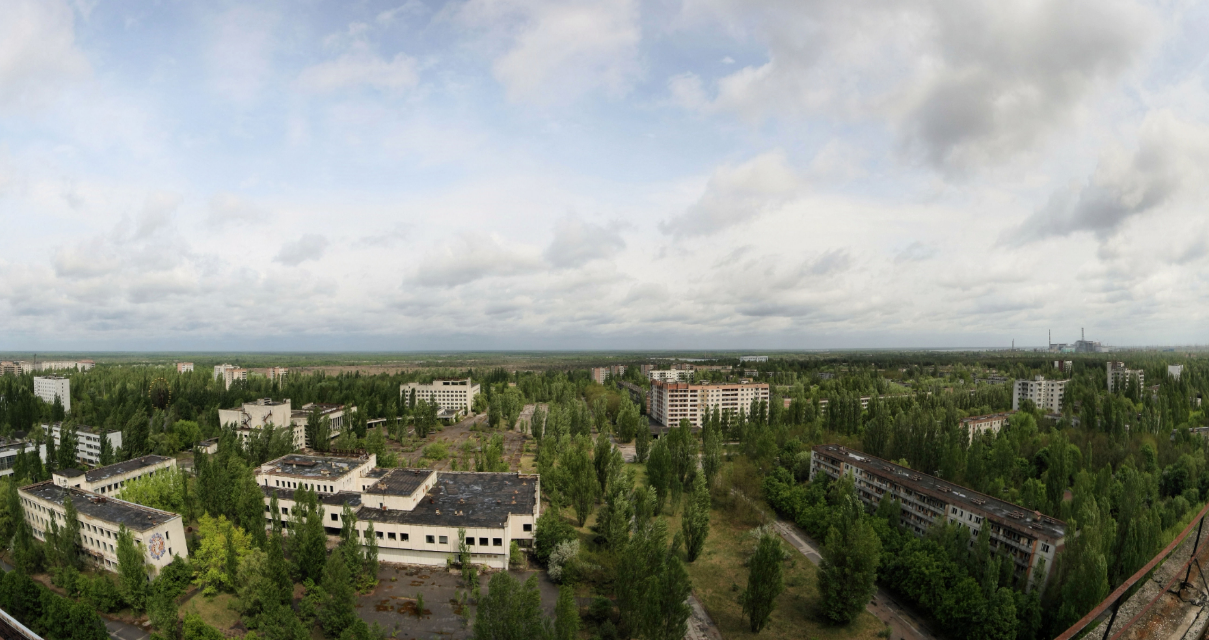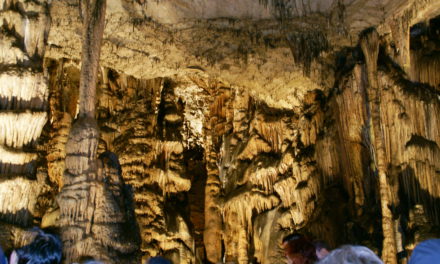The Chernobyl wolf population is also genetically distinct from its congeners living in other parts of the world.
A new study has shown that an unusual mutation has emerged and spread among wolves living in the Chernobyl Exclusion Zone, leaving them genetically isolated from wolf populations in other parts of the world. The new gene mutation provides protection against cancer, which increases the chances of survival of animals living in highly radioactive areas.
The discovery may also have implications for human cancer research.
After the nuclear disaster in 1986, people left the vicinity of Chernobyl, so nature reclaimed the depopulated area over time. Since the effects of civilization no longer prevailed, the living world was not disturbed by anything, the number of animals increased drastically, and biological diversity has been flourishing ever since.
At the same time, we must not forget the fact that the area is still heavily contaminated with radiation and will remain so for a long time. Because of this, the organisms living here had to adapt to the extreme conditions.
Cara Love, an evolutionary biologist and ecotoxicologist at Princeton University, has been studying Chernobyl wolves for ten years. In 2014, Love and his colleagues went to the exclusion zone and took blood samples from wolves living there to understand how the animals' bodies responded to cancer-causing radiation. Specialists put tracking collars on some of them in order to obtain information about the location of the wolves and thus their exposure to radiation.
We get real-time measurements of where they are and how much radiation they are exposed to, Love said in the release.
The study found that wolves living in the exclusion zone are exposed to more than 11.28 millirems of radiation per day throughout their lives – more than six times the legal limit for human workers.
The results also indicate that the immune system of the wolves changed as a result of the radiation, similar to that of patients who underwent radiation treatment for cancer.
Genetic analysis also suggests that some parts of the wolf's gene pool have developed a certain resistance to cancer. The scientists reached a similar result when they previously examined the genome of stray Chernobyl dogs; then it turned out that dogs living in the restricted zone are genetically different from dogs living in other parts of the world.
The new discovery may also affect human health.
Love hopes to use the findings to identify protective mutations that increase people's chances of survival against certain types of cancer.
Unfortunately, the promising experiments were interrupted by the pandemic and the war, so it is not known when the scientists will be able to return to the sealed zone to continue their research.
Cover image: The abandoned city of Pripyat overgrown with trees and weeds in 2009, the Chernobyl power plant and the sarcophagus in the background on the right
Source: Matti Paavonen/commons.wikimedia.org













